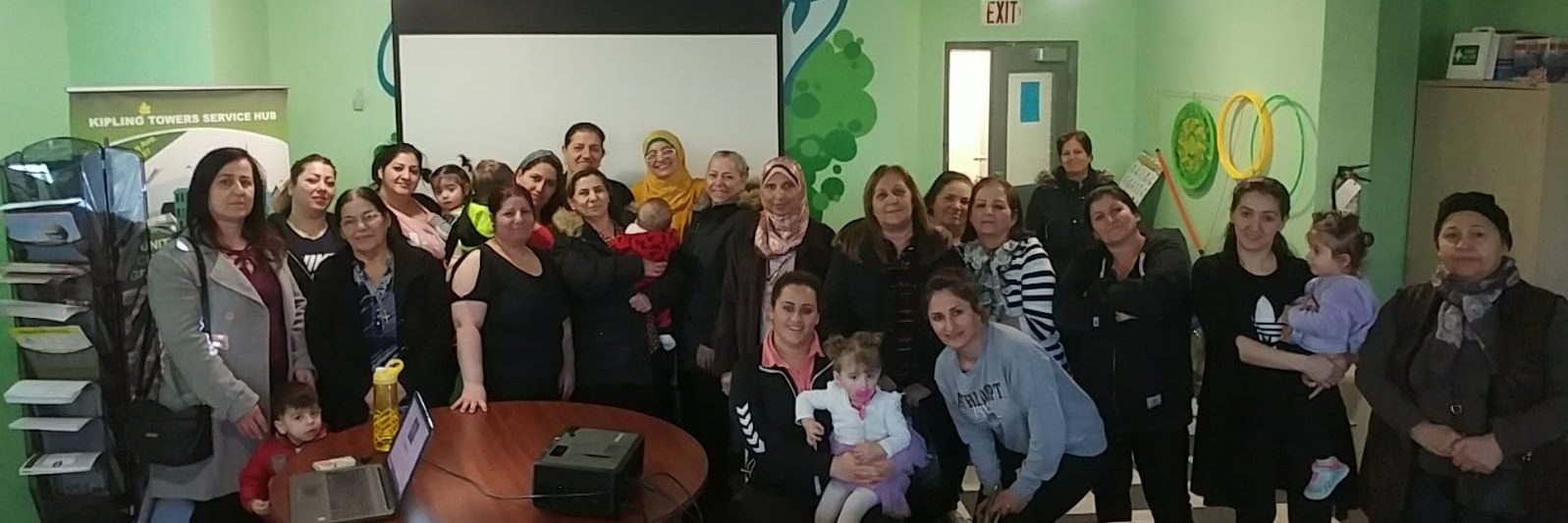


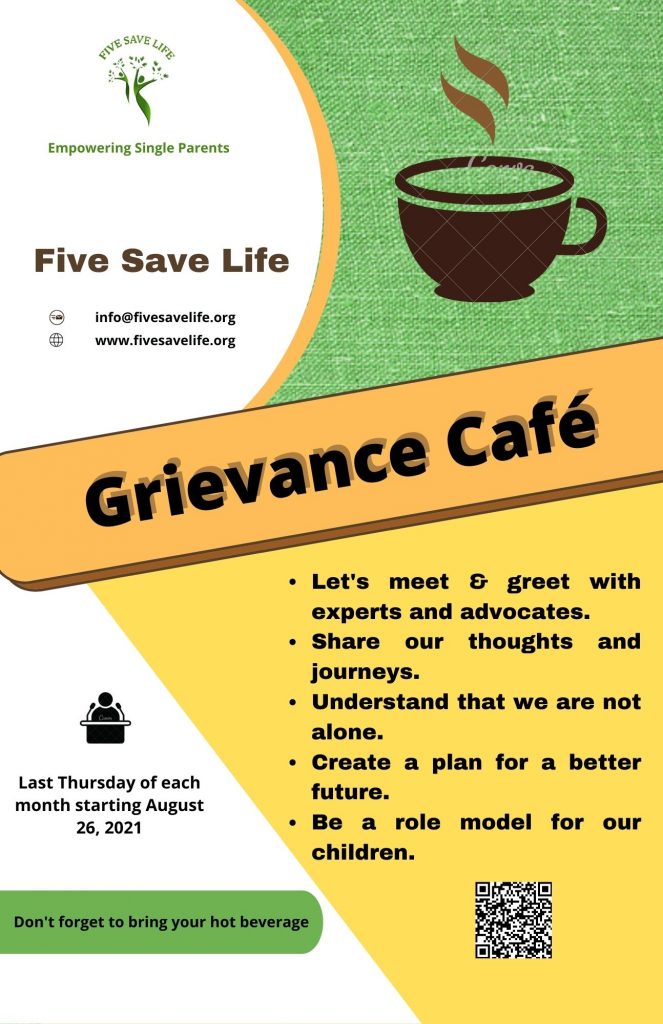
For Resources And Tips Click HERE
It’s a monthly workshop that will take place every last Thursday of each month starting August 26, 2021, and ending on July 28, 2022.
Clients will share thoughts and ideas on how to express their feelings after separation from their partner and will learn how to overcome them and create new life where their goal is to be a role model for their children
During these sessions, we will meet with different speakers and different topics
Workshop Attendees 245
Relax, Reset, Restart (3R) - Meditation
Yoga’s incorporation of meditation and breathing can help improve a person’s mental well-being. “Regular yoga practice creates mental clarity and calmness; increases body awareness; relieves chronic stress patterns; relaxes the mind; centers attention; and sharpens concentration,” says Dr. Nevins.
In this two-part workshop, sessions will focus on how to learn the technic and methods of relaxing within a few minutes. On March 10th we will practice three parts of Yoga 15 minutes each then on March 31 we will meet with the teacher of these sessions to share with her the experience and get the feedback
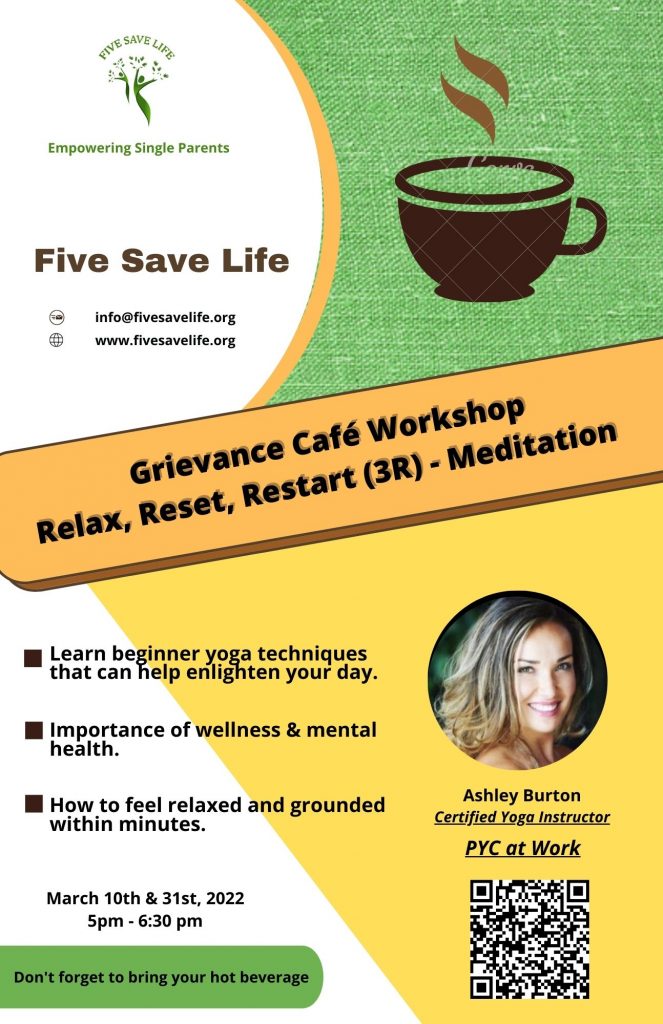
Anxiety, Depression, and COVID19
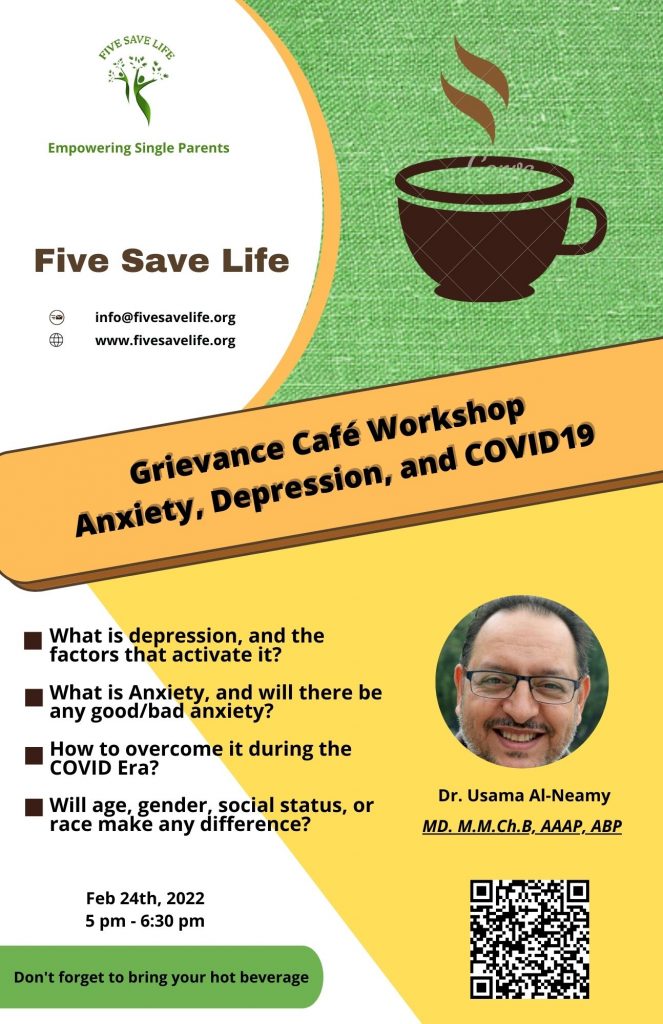
There is no doubt that the COVID19 pandemic came with its tolls. The isolation and social distances helped prevent the spread of the diseases. But also highlighted anxiety and depression for some people and elevated some in others.
Let us hear from the experts; on how to recognize, understand and deal with anxiety and depression
Depression
Clinical depression is a serious and pervasive mood disorder. It causes feelings of sadness, hopelessness, helplessness, and worthlessness. Depression can be mild to moderate with symptoms of apathy, little appetite, difficulty sleeping, low self-esteem, and low-grade fatigue. It could be more severe.
Types of Depression
- Atypical Depression
- Peripartum Depression (previously post-partum depression)
- Seasonal Depression (also called Seasonal Affective Disorder)
- Persistent Depressive Disorder (previously dysthymia)
- Premenstrual Dysphoric Disorder
- Disruptive Mood Dysregulation Disorder (mainly children)
Common Questions:
-
Does anxiety lead to depression? And is depression life long?
There is a correlation between anxiety and depression anxiety doesn’t make ppl some ppl learn to live with it some woman
Depression is chronic getting out is achievable but replasing is highly
Keep doing what makes you feel good
People are now recognizing the importance of having healthy balanced life .
-
Does stress lead to anxiety and depression?
Yes.
-
What other options can you perform to help with depression?
Supportive Psychotherapy interpersonal psychotherapy tailored to specific depressions very effective spirituality, exercise, music, relaxation
Bridging Parent-Teen Cultural Gap
Type of Generations: 1. Baby Boomers: (Born 1946-1964). 2. Gen X: (Born 1965-1976). 3. Millennials/ Gen Y: (Born 977-1994). 4. Gen Z: (Born 1995-2010).
- Get to Know Gen Z: – All about technology. – Values entertainment. – Focused on finances. – Embraces diversity. -Increased demand for independence. -Wants to be heard. – Embraces change.
New Rules of The Game: – Connect more. – Yell less. – Recharge.
Connection
Invest in the relationship think of your relationship with your teen as a bank
Think of the relationship like a bank account the more you deposit and invest the more the account grows. The more withdrawn the more the account gets into negative. Connection develops trust – youth understand expectations. Connection develops self-worth – youth who feel this value themselves and lessens their need for seeking. Connection develops social confidence- teens can engage in more positive social interaction If loved and valued at home, lessens the bullying effect, and lower rates of anxiety and depression.
How to Develop Connection
1. Hug them more – express affection frequently and openly
2. Create routine together – set dinner time, disconnect from phone and distractions
3. Have fun together – spend time in shared activities, including recreation, create loving memories.
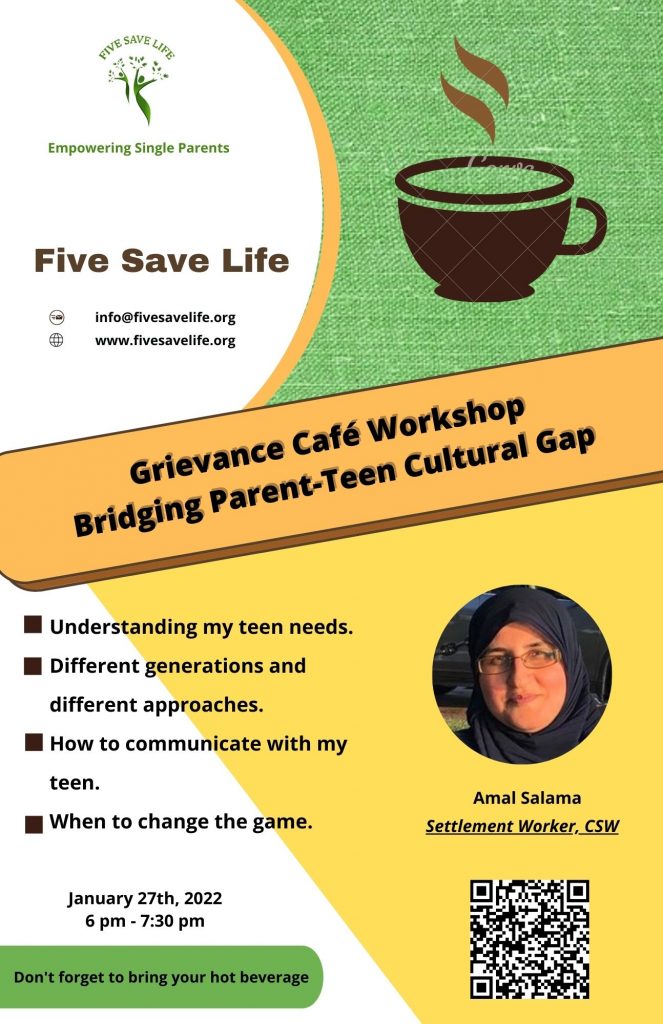
Schools; Resources and Supports
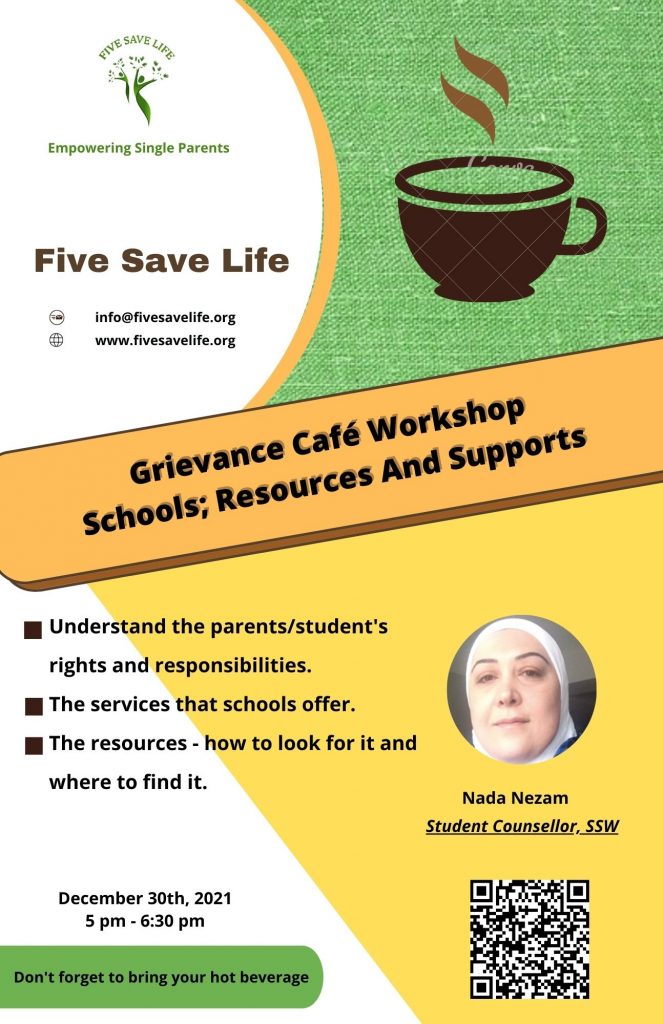
Schools in Ontario are providing different kinds of resources and supports besides education roles like:
1. Employment Support.
2. Financial Support.
3. Material Support.
4. And More.
Joining on this workshop to learn about all the resources and supports that the school will get involved in to support both you and your child
Resources:
https://doctors.cpso.on.ca/?search=general
Food For Good Mood
Certain hormones are known to help promote positive feelings, including happiness and pleasure.
These “happy hormones” include:
- Dopamine. Also known as the “feel-good” hormone, dopamine is a hormone and neurotransmitter that’s an important part of your brain’s reward system. Dopamine is associated with pleasurable sensations, along with learning, memory, motor system function, and more.
- Serotonin. This hormone (and neurotransmitter) helps regulate your mood as well as your sleep, appetite, digestion, learning ability, and memory.
- Oxytocin. Often called the “love hormone,” oxytocin is essential for childbirth, breastfeeding, and strong parent-child bonding. This hormone can also help promote trust, empathy, and bonding in relationships, and oxytocin levels generally increase with physical affection like kissing, cuddling, and sex.
- Endorphins. Endorphins are your body’s natural pain reliever, which your body produces in response to stress or discomfort. Endorphin levels also tend to increase when you engage in reward-producing activities, such as eating, working out, or having sex.
- Here’s a look at how to make the most of these natural mood-boosters.
- 1. Get outside
- 2. Make time for exercise
- 3. Laugh with a friend
- 4. Meditate
- 5. Get a good night’s sleep
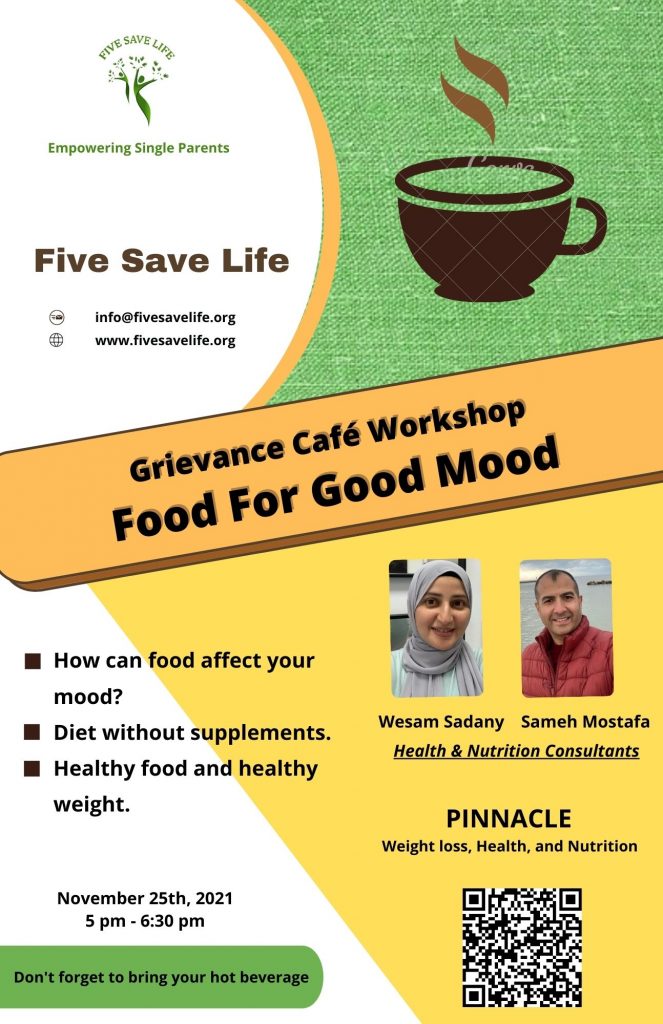
For The Presentation And Offers Click Here
Common Questions:
-
How to increase our metabolism?
Regular eating pattern, regular exercise, less reward after exercises, regular sleeping pattern, less food at night when the metabolism
slows down, less stress (All combined).
-
What food do you recommend in the winter season to prevent or lower depression?
The outdoor walk is very important, more omega 3 food like (salmon, chia seeds, walnuts, almonds) more serotonin rich food like dark unsweetened chocolate, less coffee.
-
How do you lower or get rid of Cholesterol without using medication?
Regular cardio exercises less saturated fat intake, less stress, more leafy green vegetables, reduce insulin spiking food like bread,
and desserts.
-
Can you recommend food that lowers stress?
Regular exercises, no ultra-processed food, no sugary food, more vegetables, and fresh fruits.
-
How can we treat the Pylori Helicobacter?
Your doctor is the best person to answer this question, I would recommend you to do that.
-
What are the benefits of Ganodermalucidum?
According to Healthline.com, The reishi mushroom, also known as Ganoderma lucidum and lingzhi, is a fungus that grows in various hot and humid locations in Asia Reishi mushroom is a popular fungus used in Eastern medicine. It may boost the immune system through its effects on white blood cells, particularly in people who are ill, such as those with cancer. This fungus may also be able to decrease the size and number of tumors in certain types of cancer, as well as improve the quality of life for some cancer patients. Most human research has shown that it does not improve cholesterol, blood sugar, or antioxidants, but it may be effective at reducing fatigue or depression in some cases.
-
My child is addicted and his appetite is low, how can I use food to stop his addiction?
His doctor is the best person to answer this question, I would recommend you to do that.
-
How to increase children's appetite?
Your history is important in answering this question, your doctor is the best person to answer this question, I would recommend you do that.
-
What kind of vitamins can we use for an anemic child?
Your history is important in answering this question, your doctor is the best person to answer this question, I would recommend you do that.
-
Will healthy food be expensive food? and will the right weight be considered a healthy weight?
Not necessary, healthy food is not only organic, and non-GMO food. It is the most available food on shelves, fresh, raw, non or very less
processed food, home-made food. Manufactured/Ultra-processed food is the food that we all need to avoid. You can find this everywhere, this is the food we all should eat, and it is not expensive.
Cyberbullying and Sexual Assualt
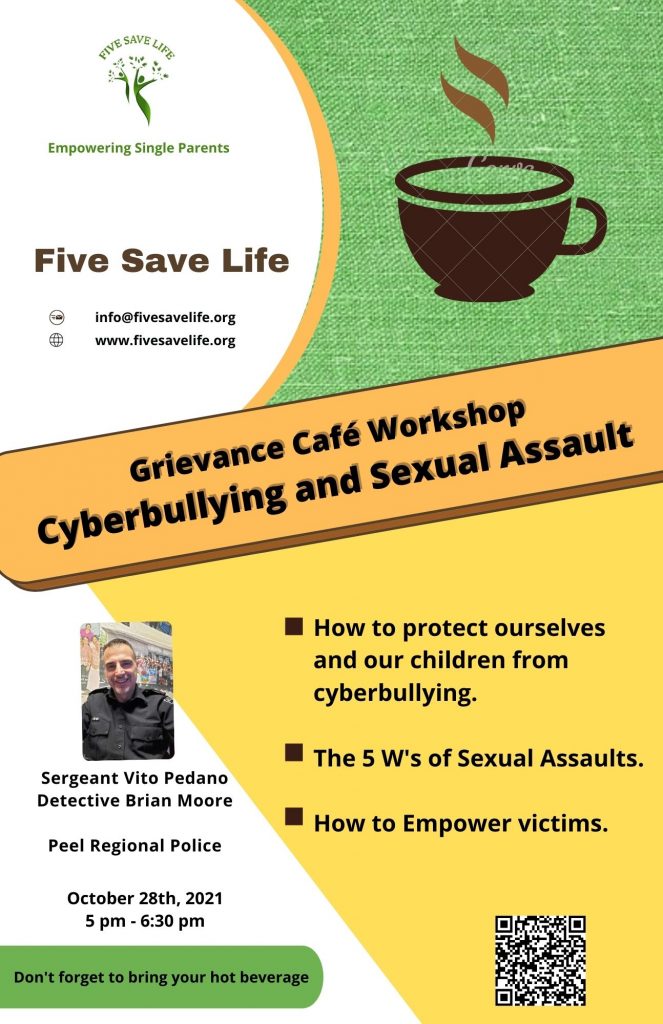
Cyberbullying is bullying with the use of digital technologies. It can take place on social media, messaging platforms, gaming platforms, and mobile phones. It is repeated behavioral, aimed at scaring, angering, or shaming those who are targeted. Examples include:
spreading lies about or posting embarrassing photos of someone on social media
sending hurtful messages or threats via messaging platforms
impersonating someone and sending mean messages to others on their behalf.
Face-to-face bullying and cyberbullying can often happen alongside each other. But cyberbullying leaves a digital footprint – a record that can prove useful and provide evidence to help stop the abuse.
sexual assault can be defined as any forced, coerced, unwanted sexual contact that can include, but is not limited to, rape, incest, sexual abuse, and molestation. Sexual Assault can take many forms; therefore, it is important to understand the wide range of violence that can occur.
One thing will remain the same: it is never the victim’s fault.
If you are worried about your child or yourself safety or something that has happened to you, please attend this workshop to ask our speakers Sergeant Pedano and Detective Moore from Peel police.
For Resources And Tips Click HERE
Transforming Trauma Into Triumph
As Founder, CEO & Registered Psychotherapist of True Roots Counselling Services for more than 25 years,&
Kimberly Cato is passionate about supporting people blindsided and overwhelmed by life-altering circumstances and empowering them with the necessary strength to Transform Their Trauma Into Triumph.
Whether it is in managing her Private Practice or in various roles of leadership in the Mental Health.
Addictions community, Kimberly Cato supports marginalized people who feel stuck in mediocrity and struggle with life-limiting beliefs that hinder their ability to fully manifest their greatness.
Kimberly Cato comes alongside people in crisis with strategies and tools that enable them to unpack the life
experiences holding them back from maximizing their full potential by introspectively exploring & embracing the value ; legacy of their True Roots.
Click “THE GRATITUDE JOURNAL PROJECT“
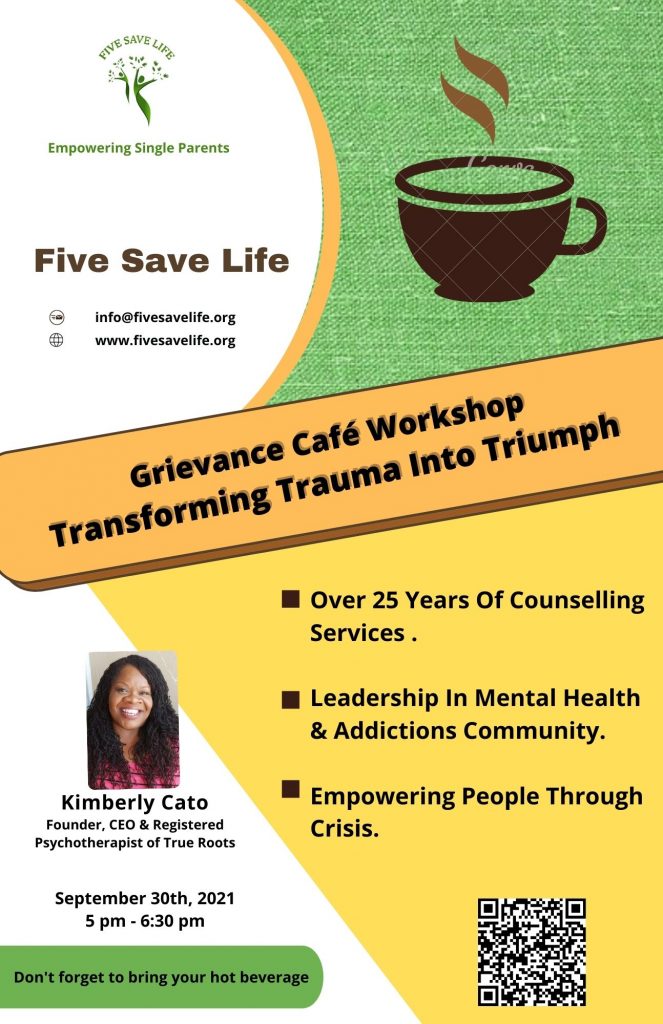
The Five Stages of Grief

Click Here to see the power point presentation
DENIAL
Denial is the first of the five stages of grief. It helps us to survive the loss. In this stage, the world becomes meaningless and overwhelming. Life makes no sense. We are in a state of shock and denial. We go numb. We wonder how we can go on, if we can go on, why we should go on. We try to find a way to simply get through each day. Denial and shock help us to cope and make survival possible. Denial helps us to pace our feelings of grief. There is a grace in denial. It is nature’s way of letting in only as much as we can handle. As you accept the reality of the loss and start to ask yourself questions, you are unknowingly beginning the healing process. You are becoming stronger, and the denial is beginning to fade. But as you proceed, all the feelings you were denying begin to surface.
ANGER
Anger is a necessary stage of the healing process. Be willing to feel your anger, even though it may seem endless. The more you truly feel it, the more it will begin to dissipate and the more you will heal. There are many other emotions under the anger and you will get to them in time, but anger is the emotion we are most used to managing. The truth is that anger has no limits. It can extend not only to your friends, the doctors, your family, yourself and your loved one who died, but also to God. You may ask, “Where is God in this? Underneath anger is pain, your pain. It is natural to feel deserted and abandoned, but we live in a society that fears anger. Anger is strength and it can be an anchor, giving temporary structure to the nothingness of loss. At first grief feels like being lost at sea: no connection to anything. Then you get angry at someone, maybe a person who didn’t attend the funeral, maybe a person who isn’t around, maybe a person who is different now that your loved one has died. Suddenly you have a structure – – your anger toward them. The anger becomes a bridge over the open sea, a connection from you to them. It is something to hold onto; and a connection made from the strength of anger feels better than nothing. We usually know more about suppressing anger than feeling it. The anger is just another indication of the intensity of your love.

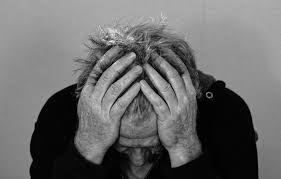
BARGAINING
Before a loss, it seems like you will do anything if only your loved one would be spared. “Please God, ” you bargain, “I will never be angry at my wife again if you’ll just let her live.” After a loss, bargaining may take the form of a temporary truce. “What if I devote the rest of my life to helping others. Then can I wake up and realize this has all been a bad dream?” We become lost in a maze of “If only…” or “What if…” statements. We want life returned to what is was; we want our loved one restored. We want to go back in time: find the tumor sooner, recognize the illness more quickly, stop the accident from happening…if only, if only, if only. Guilt is often bargaining’s companion. The “if onlys” cause us to find fault in ourselves and what we “think” we could have done differently. We may even bargain with the pain. We will do anything not to feel the pain of this loss. We remain in the past, trying to negotiate our way out of the hurt. People often think of the stages as lasting weeks or months. They forget that the stages are responses to feelings that can last for minutes or hours as we flip in and out of one and then another. We do not enter and leave each individual stage in a linear fashion. We may feel one, then another and back again to the first one.
DEPRESSION
After bargaining, our attention moves squarely into the present. Empty feelings present themselves, and grief enters our lives on a deeper level, deeper than we ever imagined. This depressive stage feels as though it will last forever. It’s important to understand that this depression is not a sign of mental illness. It is the appropriate response to a great loss. We withdraw from life, left in a fog of intense sadness, wondering, perhaps, if there is any point in going on alone? Why go on at all? Depression after a loss is too often seen as unnatural: a state to be fixed, something to snap out of. The first question to ask yourself is whether or not the situation you’re in is actually depressing. The loss of a loved one is a very depressing situation, and depression is a normal and appropriate response. To not experience depression after a loved one dies would be unusual. When a loss fully settles in your soul, the realization that your loved one didn’t get better this time and is not coming back is understandably depressing. If grief is a process of healing, then depression is one of the many necessary steps along the way.
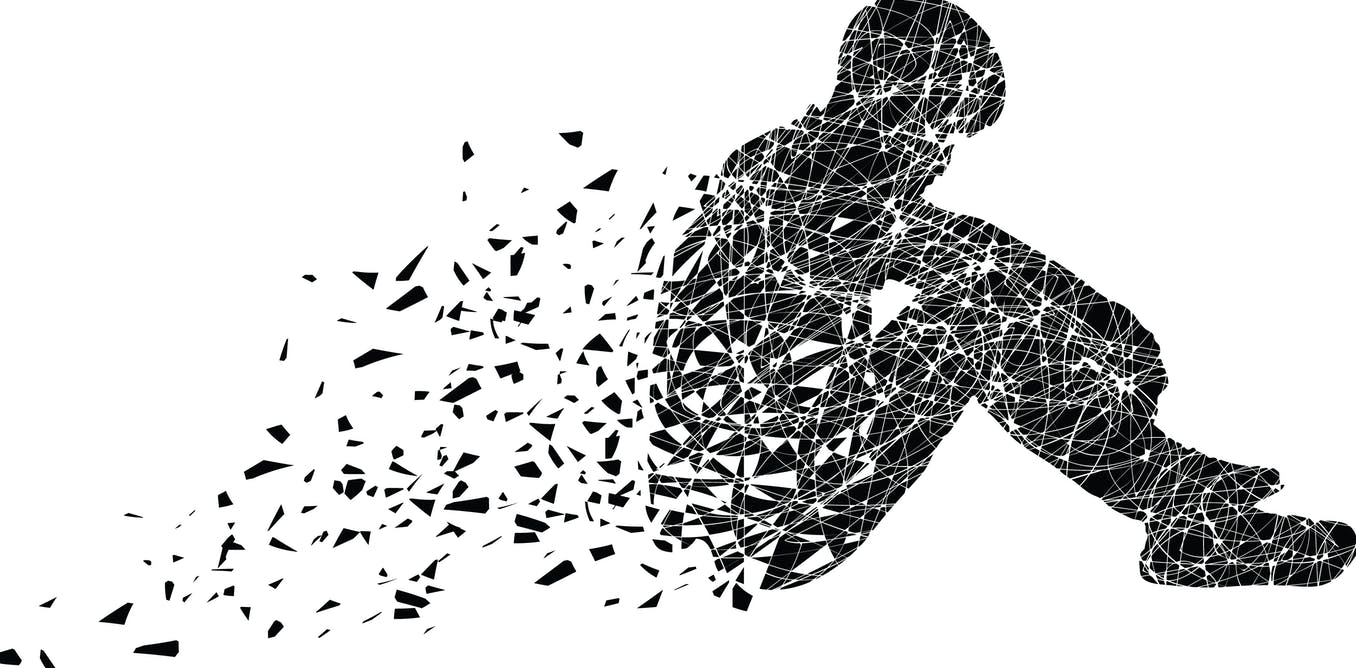

ACCEPTANCE
Acceptance is often confused with the notion of being “all right” or “OK” with what has happened. This is not the case. Most people don’t ever feel OK or all right about the loss of a loved one. This stage is about accepting the reality that our loved one is physically gone and recognizing that this new reality is the permanent reality. We will never like this reality or make it OK, but eventually we accept it. We learn to live with it. It is the new norm with which we must learn to live. We must try to live now in a world where our loved one is missing. In resisting this new norm, at first many people want to maintain life as it was before a loved one died. In time, through bits and pieces of acceptance, however, we see that we cannot maintain the past intact. It has been forever changed and we must readjust. We must learn to reorganize roles, re-assign them to others or take them on ourselves. Finding acceptance may be just having more good days than bad ones. As we begin to live again and enjoy our life, we often feel that in doing so, we are betraying our loved one. We can never replace what has been lost, but we can make new connections, new meaningful relationships, new inter-dependencies. Instead of denying our feelings, we listen to our needs; we move, we change, we grow, we evolve. We may start to reach out to others and become involved in their lives. We invest in our friendships and in our relationship with ourselves. We begin to live again, but we cannot do so until we have given grief its time.